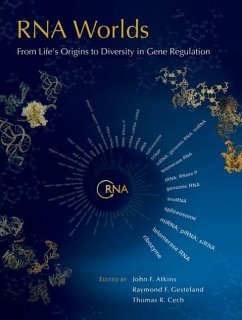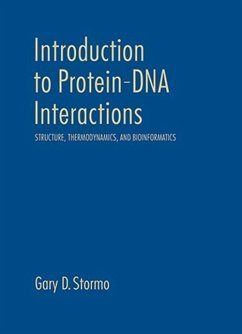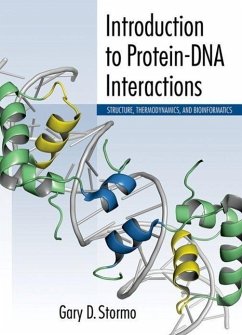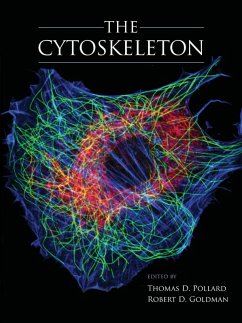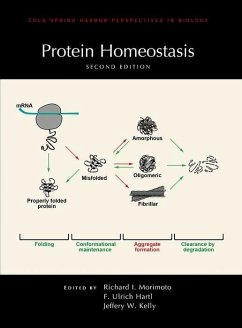Nicht lieferbar
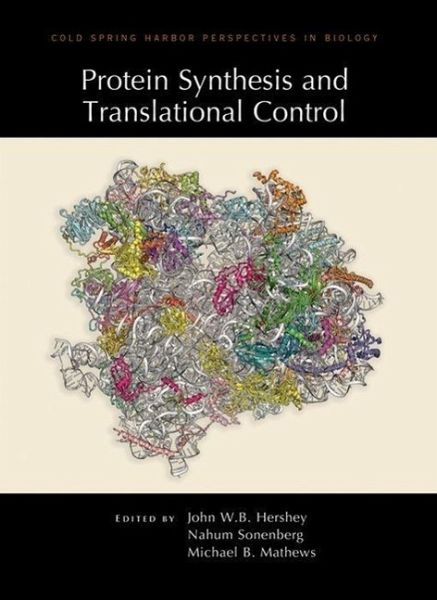
Protein Synthesis and Translational Control
Versandkostenfrei!
Nicht lieferbar
The synthesis of proteins by ribosomes is a fundamental cellular process. Cells must tightly control protein synthesis to maintain homeostasis and regulate proliferation, growth, differentiation, and development. Indeed, aberrant translational control is associated with cancer, several neurologic syndromes, and genetic disorders including "ribosomopathies." Written and edited by experts in the field, this collection from Cold Spring Harbor Perspectives in Biology covers our current understanding of protein synthesis and its control, from the genomic level to single- molecule analysis and singl...
The synthesis of proteins by ribosomes is a fundamental cellular process. Cells must tightly control protein synthesis to maintain homeostasis and regulate proliferation, growth, differentiation, and development. Indeed, aberrant translational control is associated with cancer, several neurologic syndromes, and genetic disorders including "ribosomopathies." Written and edited by experts in the field, this collection from Cold Spring Harbor Perspectives in Biology covers our current understanding of protein synthesis and its control, from the genomic level to single- molecule analysis and single-cell imaging. The contributors describe the fundamental steps in protein synthesis (initiation, elongation, and termination), the factors involved, and high- resolution structures of the translational machinery. They review the targets of translational control (e.g., initiation factors and mRNAs) and how signaling pathways modulate this machinery. The roles of the endoplasmic reticulum, the unfolded protein response, processing bodies (P-bodies), stress granules, and small RNAs (including microRNAs) are also covered. This volume includes discussion of translational deregulation in cancer and the development of therapeutic agents that target translation initiation. Thus, it is an essential reference for cell and molecular biologists, as well as developmental and neurobiologists, oncologists, virologists, and all those investigating human diseases associated with translation dysfunction.






